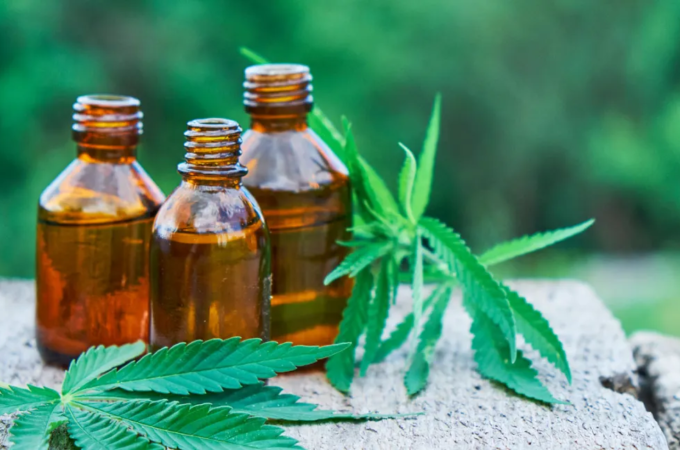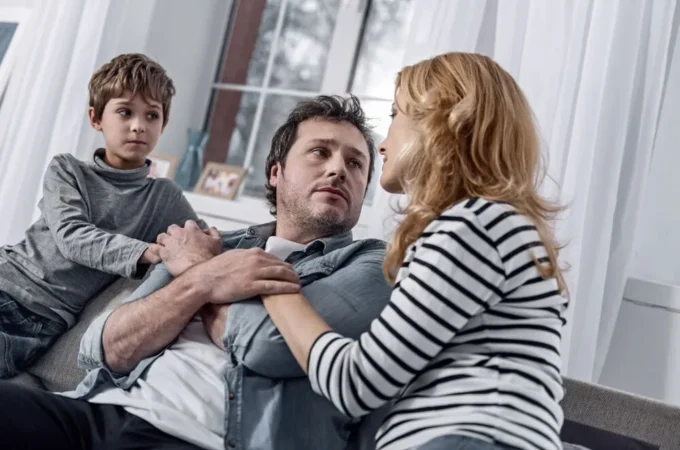
The do’s and don’ts to help you keep cancer away!
Cancer is a deadly disease. It causes an abnormal cell division in any part of the body. The body’s cells have a natural lifespan after which they perish. This process is known as apoptosis. The cell dies when it receives the instruction to cease the growth. It is because a newer and better-functioning cell takes its place. Cancerous cells, however, lack the components that tell them to stop the continuation of growth. As a result, they accumulate throughout the body, consuming oxygen and nutrients meant for other cells.
The signs and symptoms of cancer vary depending on the type and degree of cancer. Cancerous cells may emerge in one location and then move to other parts of the body via lymph nodes. These are clumps of immunological cells found all over the body. There are many different types of cancer: breast, liver, mesothelioma, ovarian, pancreatic, lungs, skin, prostate, stomach, and uterine cancer. There are several methods and tests to screen and diagnose cancer, but medical examiners can only make a definitive diagnosis with a biopsy sample of the affected tissue.
Cancer is a fatal disease you should be wary of and try to prevent no matter what you may have to give up! So here, we’ve compiled the following list of dos and don’ts to help you prevent cancer.
Table of Contents
Toggle1. Protection from industrial and environmental toxins
Toxins such as asbestos fibers, aromatic amines, benzene and polychlorinated biphenyls (PCBs) can be harmful if inhaled. Asbestos exposure can lead to mesothelioma. It is a rare form of cancer that develops in the protective linings surrounding numerous organs, known as the mesothelium. Mesothelioma usually develops in the lining of the lungs and abdomen. Factory workers and laborers are at a higher risk of developing cancers when exposed to toxins. Therefore, one should limit industrial and environmental exposure to toxins by taking necessary measures and using appropriate gear at work.
2. Get a regular screening for cancer
Getting a regular physical examination or screening helps to uncover any underlying issue. It detects any cancer development in the body before it’s too late. Furthermore, these preventative care visits are crucial since many diseases, including cancer, can be effectively treated if detected early. Consult your physician about the kind of tests you should have and when to have them. Also, be aware of cancer signs and symptoms and do routine checks for irregularities. Adults over 35 should get their routine physical examination to get treatment as soon as possible.
3. Avoid exposure to radiation
Check your home for residential radon, which increases the risk of lungs cancer. X-Ray machines or radioactive containers can be a source of radiation. The Ultra Violet radiations from the sun can also have a damaging effect on the skin. Radiation workers can manage and reduce their exposure to penetrating radiation by using time, distance, and shielding. Also, when going in the sun, make sure to cover yourself, wear tightly woven and loose-fitting clothes, and use sunscreen with an SPF 30. Ionization radiation in any form can cause various types of cancers including, breast, thyroid, lungs, skin, and stomach.
4. Regular physical activity
Engaging in regular physical activity or exercises is healthy for your body. Exercise appears to lower the risk of breast and perhaps reproductive malignancies in women. It also reduces the risk of colon cancer. Physical activity also helps in maintaining a healthy weight. Sports activities, yoga, brisk walk, gyming, biking, aerobics, and regular exercises increase the heart rate. The more you engage in physical activity, the more you sweat. Sweating is advantageous to one’s health since it aids in the reduction of body fat. Moreover, exercising also helps boost the immune system, reduces stress, and enhances energy.
5. Quit alcohol and smoking
The way alcohol deteriorates in our bodies is the key mechanism of cancer. Alcohol breaks ethanol into acetaldehyde. It is a poisonous byproduct that is also known as a carcinogen. Alcohol and cigarette users are more likely to develop oral cancers. Tobacco is also dangerous to one’s health, as it causes malignancies of the mouth, lungs, throat, pancreas, and other organs. To get yourself off from the addiction, you can seek professional help and involve in activities that help in recovery. Avoid gatherings that may increase your desire for smoking or drinking.
6. Practice safe sex
Sexually transmitted viruses are associated with several malignancies. Women are more likely to develop ovarian cancers when they have more than one sexual partner. However, men are equally prone to developing cancers when practicing unsafe sex. As a result, one should limit the number of sex partners and take prophylactic precautions. People with HIV or AIDS are more likely to develop cancers of the anus, liver, and lungs. HPV is most commonly linked to cervical cancer but may also increase the risk of anus cancer, throat, vulva, and vaginal cancers.
7. Engage in healthy eating
Healthy eating is good for your body to be strong be healthy. The healthier you eat, the more likely you will maintain your body weight. Increase the intake of vegetables, whole grains, fruits, and legumes. Also, limit the consumption of red meat. Reduce your intake of salty and sodium-processed meals and add white meat such as fish and beans to your diet. Furthermore, use olive or canola oil for cooking your food or dressing salads. These oils are rich in healthy fat.
8. Get yourself vaccinated
Vaccination helps protect against common illnesses. Throughout your life, you can get vaccinated to get your body to develop immunity against deadly diseases. These vaccines can assist the immune system in learning to identify and remove harmful germs and cells. Vaccines can protect healthy people from developing malignancies caused by viruses. The hepatitis B vaccine is recommended for people who have a high risk of developing the disease. Children over the ages of 11 and 12 should also get the HPV vaccine against certain types of cancer.
Takeaway
Many factors add to the risk of developing cancer, including environment and genes. But following the tips mentioned above will surely help to reduce the risk. Remember that these suggestions may reduce, not eliminate, cancer risk. Nevertheless, our lifestyle choices can significantly impact the cancer risk we all face.


